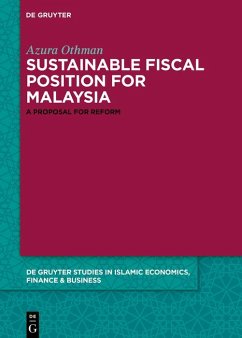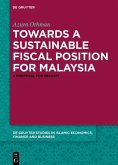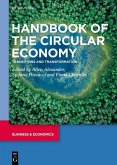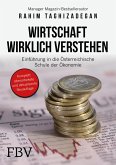The financial crisis of the last decade has brought to the fore many discourses on the stability of the financial system under the current interest rate regime and whether issuing more debts, that create further divergence between the financial and real sector of the economy, is a sustainable solution to the ensuing debt crisis that followed. Invigorating
economic development may need more than just achieving mere growth in GDP numbers and other mainstream macroeconomic key performance indices. Social equity, environmental conservation, inclusive development, and equitable income distribution are concepts that are increasingly given more weight in the measurement of economic development. The onset of the pandemic of the current decade has further emphasized the importance of these considerations as well as the concept of sharing of risks and return.
This book analyses the past and current fiscal situation in Malaysia and identifies areas of improvements in the current tax system and public sector financing in generating the required revenue and financing government expenditure. The alternative fiscal framework proposed in this book covers a tax structure that features a simple and fairer tax system that is based on the ability to pay and public financing which is free of interest and provides opportunity for broader participation of the public.
As Malaysia has a comprehensive framework as well as firm regulatory and government support for Islamic finance, the fiscal reform builds on an important feature of risk sharing Islamic finance that brings the real and financial sectors of the economy close together. The fiscal policy reform recommended in this book seeks to address the public debt burden, expand fiscal space, increase financial inclusion, reduce income and wealth disparities, increase employment and income for the growing population and ultimately improve social solidarity especially for a pluralistic country such as Malaysia.
economic development may need more than just achieving mere growth in GDP numbers and other mainstream macroeconomic key performance indices. Social equity, environmental conservation, inclusive development, and equitable income distribution are concepts that are increasingly given more weight in the measurement of economic development. The onset of the pandemic of the current decade has further emphasized the importance of these considerations as well as the concept of sharing of risks and return.
This book analyses the past and current fiscal situation in Malaysia and identifies areas of improvements in the current tax system and public sector financing in generating the required revenue and financing government expenditure. The alternative fiscal framework proposed in this book covers a tax structure that features a simple and fairer tax system that is based on the ability to pay and public financing which is free of interest and provides opportunity for broader participation of the public.
As Malaysia has a comprehensive framework as well as firm regulatory and government support for Islamic finance, the fiscal reform builds on an important feature of risk sharing Islamic finance that brings the real and financial sectors of the economy close together. The fiscal policy reform recommended in this book seeks to address the public debt burden, expand fiscal space, increase financial inclusion, reduce income and wealth disparities, increase employment and income for the growing population and ultimately improve social solidarity especially for a pluralistic country such as Malaysia.
Dieser Download kann aus rechtlichen Gründen nur mit Rechnungsadresse in A, B, BG, CY, CZ, D, DK, EW, E, FIN, F, GR, HR, H, IRL, I, LT, L, LR, M, NL, PL, P, R, S, SLO, SK ausgeliefert werden.









